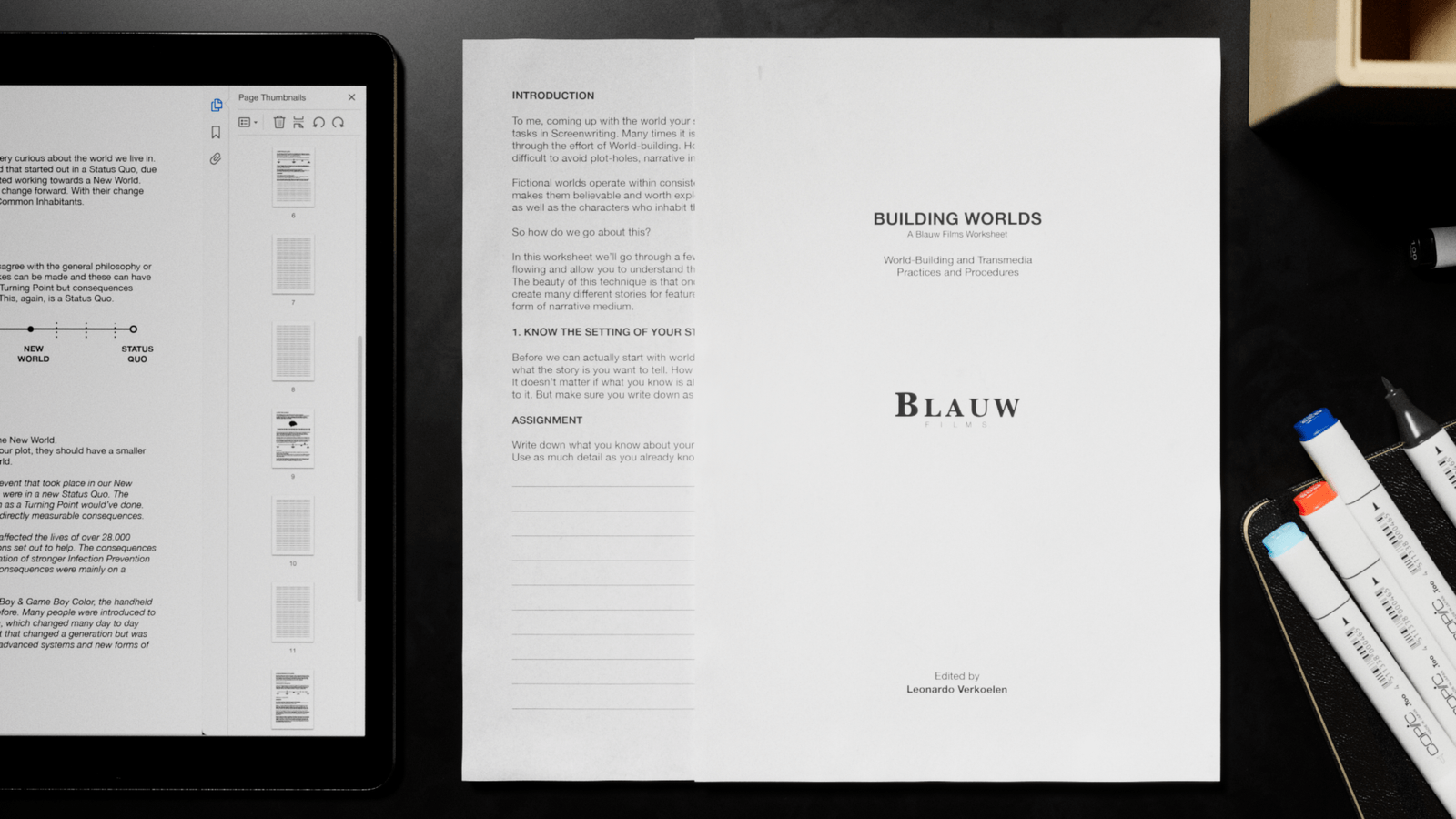The Library – Humanity’s Last Archive in the Stars
Will the Legacy of our Species be Preserverd
Syntactic Labyrinths
Sending our Legacy into the Void
One day will be the last. One day we will know it.
In the final days of human civilization, after a devastating solar flare crumbled Earth’s magnetic shield, the last survivors looked up to the skies for salvation. They turned to the only thing they had left—their legacy.

If they could not survive, perhaps their knowledge could. And so, within the dying embers of Earth, the greatest minds of the Settlement of Babylonia came together to construct a vessel unlike any before it.
They called it The Library—an unmanned spaceship, carrying the sum total of human knowledge, set on a course toward the Andromeda Galaxy.
A final message, cast into the cosmic ocean in the desperate hope that one day, someone, somewhere, might find it and understand its contents…


The Purpose of The Library
In Syntactic Labyrinths, The Library represents humanity’s collective efforts and final ambition: the preservation of knowledge beyond our own existence. With Earth becoming continuously more uninhabitable by a cataclysmic solar flare, the survivors in the Settlement of Babylonia knew their end was nigh.

Yet, they fought to ensure that the story of mankind would not be forgotten.The ship is more than an archive—it is a memory.
Contained within a reinforced shell, databanks containing thousands of zettabytes of information make up an ever expanding record of who we were. Literature, science, philosophy, history, music, art, personal information—each string of data archived and managed, waiting for an unknown intelligence to unlock its contents.
An Unmanned Vessel for Survival
The Library had to be built for longevity. Every part of its structure was conceived to withstand the unthinkable: the radiation of deep space, the erosion of time, the unknown hazards lurking between galaxies.

Its rugged and geometric nature makes it a stark contrast from other spaceships. However, the brutalist design language serves a double purpose. Not only does it provide additional protection to the ship’s interior components. It also actively defies organic shapes created by nature—thus becoming easily recognizable by an intelligent species as manufactured.
It is of utmost importance that the Library is found.
The ship is also not merely a static repository of data. It is alive, in its own way. Two super-computers with quantum accelerated AI, THINKER and RECEIVER, serve as its intergalactic librarians.


THINKER is the custodian, tasked with maintaining, organizing, and protecting the stored knowledge. RECEIVER, on the other hand, is the observer, equipped with sensors designed to collect and catalog new data as The Library drifts through the void. Even as humanity fades, its great archive continues to evolve.
The Journey to Andromeda
The choice of destination was no accident. Andromeda, our closest neighboring galaxy, represents the highest statistical probability of encountering advanced extraterrestrial life. However, the journey is longer than is imaginable within the context of human senses.

The Library is built to endure a voyage lasting over a billion years, its contents waiting in the dark until the day an intelligent species stumbles upon it.
And if they do? If an alien civilization one day finds this silent, drifting monument to a long-dead world—what will they see? Will they understand our syntax, our symbols, our language? Will they recognize the remnants of a civilization that, even in its final moments, sought to reach beyond itself?
Or will The Library remain lost forever, a ghost ship floating endlessly through a silent cosmos, carrying the echo of a species that once was?

The Weight of Hope
The Library is a vessel of memory and ambition. This is human defiance against entropy itself. The people of the Settlement of Babylonia knew they would never see its journey’s end, but they launched it anyway.
Because sometimes, the act of sending the message is enough.
Because sometimes, hope is all we have left.










.png)



















































































.jpg)





.jpg)

.jpg)









0 Comments